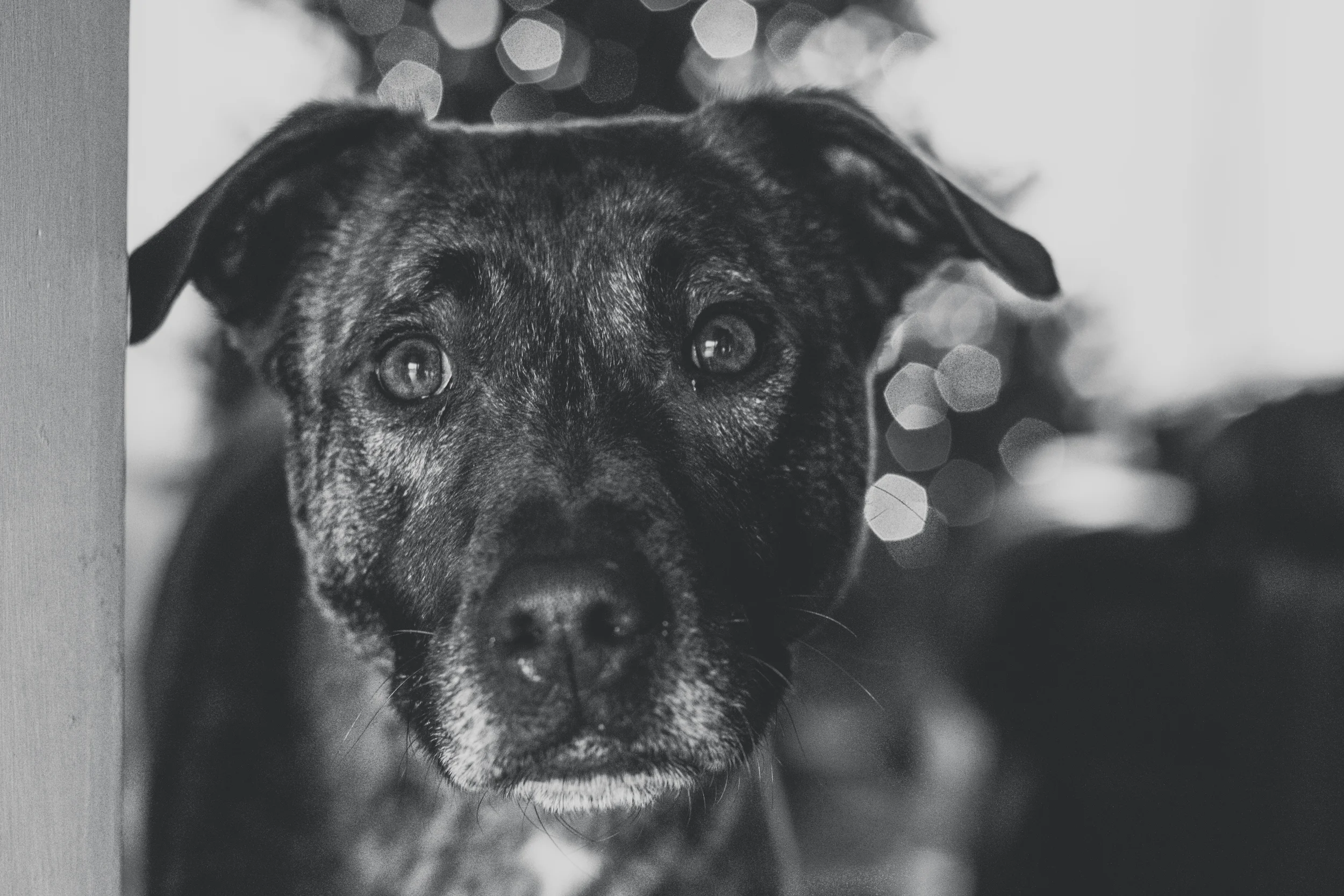Is Your Puppy Biting Too Much? How to Teach a Puppy Not to Bite: Effective Redirection Techniques for a Well-Behaved Pup
/Bringing a new puppy into your home is an exciting experience, but one common challenge many pet parents face is managing puppy biting. Whether your furry friend is teething, exploring, or simply trying to get your attention, puppy biting can quickly become a frustrating behavior. Fortunately, there are effective ways to teach your puppy not to bite, and redirection is one of the best techniques to stop this behavior in its tracks.
In this blog, we'll discuss why puppies bite, the importance of redirection, and how you can apply this method to help your puppy become a polite, well-behaved companion. Plus, if you need more personalized guidance, we'll also share how our puppy bootcamp, puppy classes, online puppy training, and puppy day camp programs can assist in giving your puppy the best start in life.
Why Do Puppies Bite?
Puppy biting is a natural part of their development. Just like human babies explore their world by touching and tasting things, puppies use their mouths to interact with their environment. However, it’s essential to teach them boundaries so considering even play bites can cause damage. Here are a few reasons why puppies tend to bite:
Teething: Just like babies, puppies go through a teething phase where their gums are sore, and chewing provides relief.
Exploration: Puppies are naturally curious and use their mouths to explore new objects and people.
Playfulness: Puppies often bite during play, especially when they’re excited.
Attention-seeking: Sometimes, puppies bite to grab your attention or initiate play.
While biting is normal, it’s important to teach your puppy appropriate behaviors from a young age. Redirection is a key strategy for managing and preventing unwanted biting.
Redirection: The Key to Teaching Your Puppy Not to Bite
Redirection is one of the most effective methods to stop your puppy from biting. The principle behind redirection is simple: when your puppy bites, you immediately offer an alternative behavior that is both acceptable and rewarding. Here's how you can implement redirection successfully:
Step-by-Step Redirection Technique:
Redirect to a Toy: If your puppy starts to bite or nip, immediately offer them a chew toy or teething ring. This gives them something appropriate to chew on instead of your fingers, clothes, or furniture. Tug toys are also highly effective, encouraging your puppy to engage with you using their mouth in an appropriate manner.
Use Positive Reinforcement: When your puppy takes the toy, praise them with verbal cues like “Yes!” while engaging with them. This helps your puppy understand that using your mouth is acceptable with certain boundaries put in place.
Stay Calm: It’s essential not to react with frustration or anger when your puppy bites. Squealing or yelling can often trigger prey drive and make biting worse, so try not to yell, even when it hurts!
Use a Time-Out: If redirection doesn't work, a brief time-out can help your puppy calm down. Sometimes when puppies are overtired the play biting becomes worse, just like a child that’s fighting a nap and causing a ruckus. Your puppy might be tired and needs a break to decompress and nap.
Consistency Is Key: Puppies need repetition and consistency to learn. Be sure to redirect every time they bite, and stick with the process. Over time, your puppy will learn that inappropriate biting doesn’t get attention, but chewing toys independently or playing with tug toys does.
Why Redirection Works
Redirection works because it teaches your puppy what to do instead of simply punishing them for undesirable behavior. Rather than focusing on stopping the bite, you’re teaching them a better way to meet their needs. Plus, redirection promotes positive reinforcement, which helps create a trusting relationship between you and your puppy.
Additional Tips for Stopping Puppy Biting
While redirection is the primary technique, here are a few other tips to reinforce the process:
Socialize Early: Expose your puppy to a variety of environments during the critical socialization period (up to 16 weeks). Proper socialization and exploration of environment can help their mental and physical needs be met, which can decrease the overstimulation at home.
Use Puppy Training Classes: Puppy classes are a great way to teach basic obedience, prevent unwanted behaviors, and allow your puppy to learn from other dogs in a structured environment.
Control Excitement: Sometimes, puppies bite more when they’re overly excited. Help your puppy learn to control their excitement by teaching them impulse control exercises, like “place” and holding sit and down positions for longer amounts of time.
Avoid Rough Play: Roughhousing can encourage biting. Instead, play calm, structured games with your puppy to reinforce positive behaviors. Tugging with a tug toy can also be a higher energy engagement game, but it’s teaching them how to interact properly in that higher drive scenario.
Why Puppy Bootcamp or Puppy Day Camp Might Be Right for You
If you're struggling to curb your puppy's biting habits, you don’t have to go it alone. Enrolling in a puppy bootcamp, puppy day camp, or even exploring online puppy training can provide the extra support you need. These programs offer:
Expert Guidance: Our professional trainers can help you understand why your puppy is behaving in certain ways and provide tailored solutions.
Structured Learning: Puppy bootcamps and day camps offer structured, consistent training in a controlled environment, where your puppy can learn essential skills while also getting age appropriate social experiences.
Socialization Opportunities: Puppy classes and day camps provide controlled opportunities for your puppy to interact with other dogs, which can help reduce biting related to boredom at home.
Convenience: If you're busy, online puppy training programs can help you work on redirection and other behaviors at your own pace and from the comfort of your home.
Contact Us for Puppy Bootcamp, Puppy Classes, and Online Puppy Training
If you're ready to take your puppy's training to the next level, we’re here to help! Our puppy bootcamp and puppy day camp programs are designed to give your puppy a solid foundation in good behavior, including learning not to bite. We offer expert-led puppy classes that focus on positive reinforcement techniques and help address biting, teething, and other common puppy issues. If you’re looking for more flexibility, our online puppy training programs are a perfect way to get expert advice and guidance from anywhere.
Don't wait for puppy biting to become a bigger problem—contact us today to get started on the path to a well-behaved, happy puppy!

